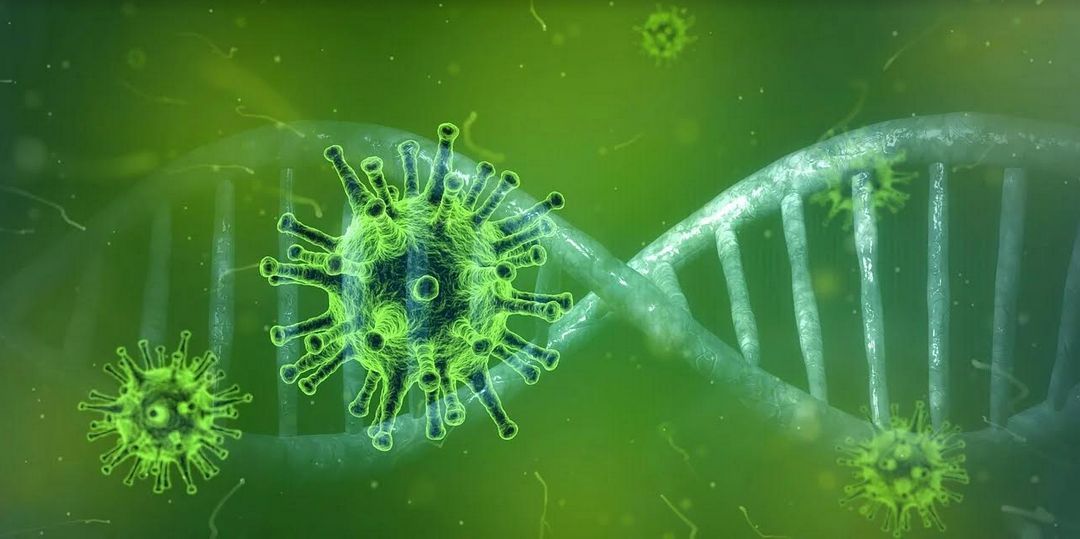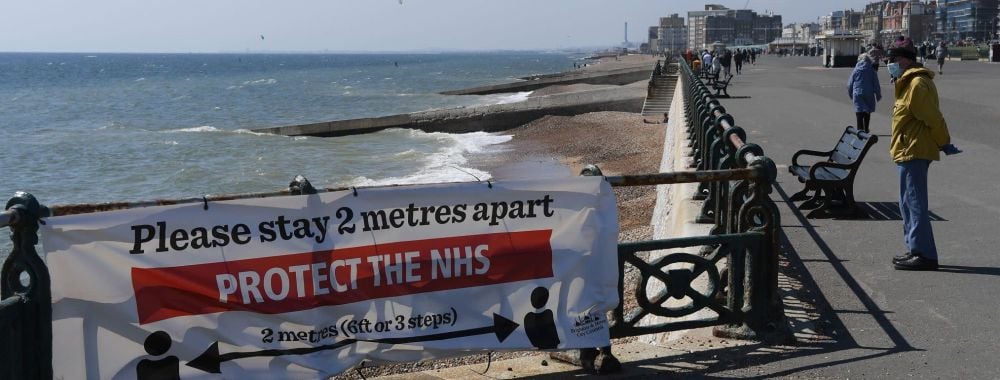A Sense of Malevolence
Posted on
I went down with what seems very likely to have been Covid 19 on April the 3rd. My best guess is that I caught it from an old man coughing in a narrow aisle in Sainsburys when I was out buying food. My instinct at the time was to get away from him, his hoarse cough in the confined space frightened me. I don’t know where I got it, so let’s say it was him, someone who should have stayed at home, but needed to go out and get food.
The timing of my symptoms was poor. I was in the middle of hosting a Chinese medicine lecture on Zoom. The lecturer was in lockdown in New York State thousands of miles away, her family had fled New York where the body count was high. That evening I felt inexplicably tired. My back ached which is unusual for me. Eventually the lecture ended, and I went upstairs to have a bath, to warm and loosen the stiffening muscles of my neck. I felt distant and suddenly cold. The heat from the bath was welcome, but I felt more disorientated, stranger. By the time I had emerged from the bath I realised I had a fever and needed to go to bed.
The fear was very hard to deal with. I was by then very well versed in the worst-case scenarios of this disease. I had seen the earliest reports of the pathogen in Wuhan. I watched the Chinese government shut down a city in an attempt to contain it. I knew that this could kill, and I was aware that it could also maim, like SARS which had left many of those who survived it permanently ill.

The onset of Covid hit me like a truck. I retreated to bed, contacted the woman giving the lecture and asked her advice and of her husband. They are both Chinese doctors, as am I. I used a combination of approaches, the first and most important being to allow the fever as far as was practical. The fever never became dangerously high, so I stayed with my body’s immune responses. Sweat, temperature, these things are there for a reason. The headache was bad, but I could release the pain with my own skills as an acupuncturist. I have no doubt that it could have been worse had I not known some of the things I know.
I was delirious for a day. Downstairs the lecture went on without me. I took a recording of it, but was quite unable to listen to it. I spent these hours dreaming black dreams of the virus. It’s difficult to talk about this because it sounds so fanciful. I felt that I saw the interior of it. It was as though I was being given a tour of it, what it was. It wasn’t going to do me much damage because I was fundamentally in good health. But it could. I believe I was privy to its inherent nastiness and deceptiveness, a malevolence, the sense of which has stayed with me. I came away from my brush with it quite profoundly frightened. The feeling I have is that this has surprises in store, and not pleasant ones.
On the second day the fever calmed and I developed a sore throat. I had no cough, apart from ten minutes wheezing and tightness the day after that. After that the tail end of the fever subsided and I was better. I felt odd and tired for the next five days. I sat quietly in the garden a lot. I was in quarantine and people brought me food and checked in on me. I was aware that something bad had missed me and felt separate from life for some days as I contemplated this and the feelings of echoing trauma to my system, particularly my kidneys. After that my health returned and I felt mostly fine, but I am unsure, as so many are: did I have it? What even is this? How did we as a culture get to this place? And how do we leave?
By Cal, September 2020



Add a comment: